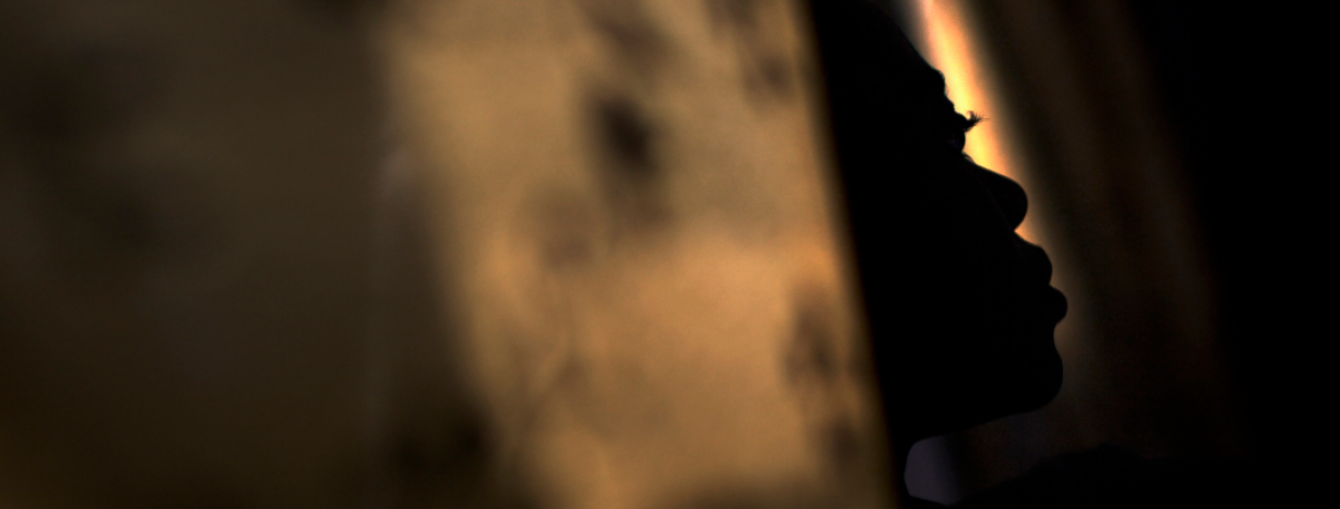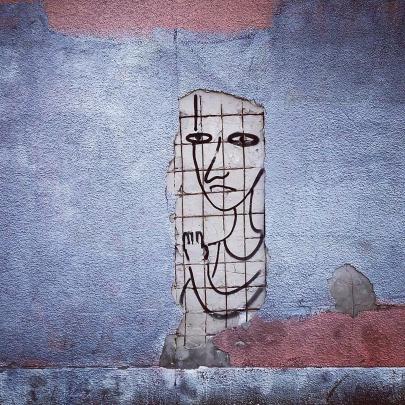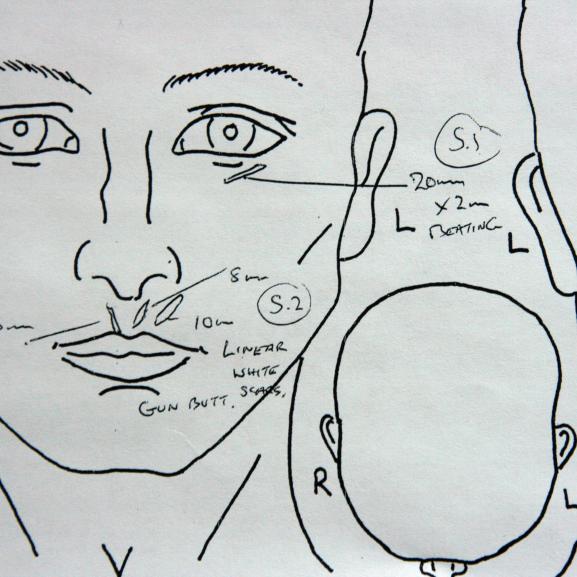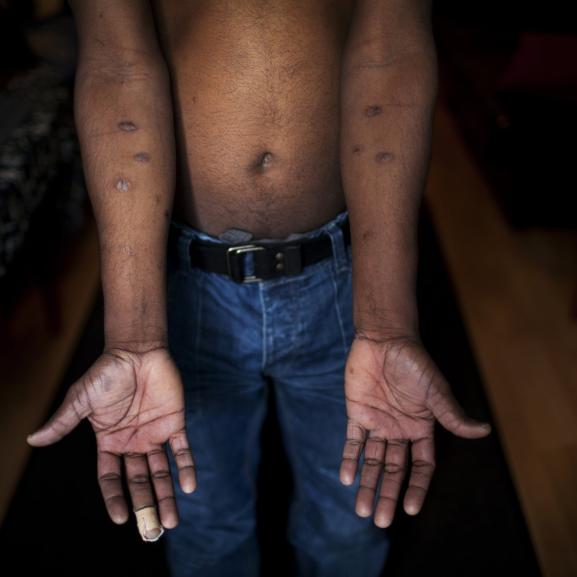Democratic Republic of Congo: Rape rampant in prisons and detention centres
"They raped my [15-year-old] niece in front of us. Then they took me to prison... The soldiers and the prison guards, they don't see women as human beings, they don't see any value in women. They just do what they want with them when they are in prison. I can't even remember how many times I was raped." - DRC women's activist, torture survivor, now in UK.
Rape, including gang rape and multiple rape, is used routinely by state officials in the Democratic Republic of Congo (DRC) to punish politically active women, in the country's capital Kinshasa and other regions outside the armed conflict region, according to new research published today by Freedom from Torture.
The UK-based medical charity is warning that the DRC's sign up to the new international Protocol on Preventing Sexual Violence in Conflict, which is launched by the UK Government next week, cannot be relied on to tackle this situation. It is vital that the DRC government fulfils its existing obligations in international law to prevent torture and that the international community keeps the DRC under the spotlight to ensure it does so.
Rape as Torture in the DRC: Sexual Violence Beyond the Conflict Zone analyses evidence from 34 forensic medical reports written by specially trained doctors at Freedom from Torture and clearly indicates that rape is being used as torture by state security forces in prisons across the country to stop women speaking out about politics, human rights and, in some cases, rape itself.
Women of all ages from 18 to 62 are affected and the group includes traders, graduates and professionals. Almost all of the women were arrested because they were involved in political or human rights campaigning or because a family member or relative of theirs was politically active.
Women of all ages from 18 to 62 are affected and the group includes traders, graduates and professionals. Almost all of the women were arrested because they were involved in political or human rights campaigning or because a family member or relative of theirs was politically active.
Dr Juliet Cohen, Freedom from Torture's Head of Doctors, said:
"Rape and sexual violence in DRC are usually considered as by-products of the war in the east of the country. However, the women in our research are almost all based in the capital; many are highly educated, they are being targeted because they have spoken out in some way against the government, and their rape amounts to torture in international law."
Their rape is clearly persecutory: the brutal and repeated sexual violence these women experience while being held in state facilities is a deliberate attempt to humiliate, punish and control not only these individuals, but also the whole group to which they belong. The women know they have little or no chance of redress and describe feelings of hopelessness, powerlessness and despair, which is exactly what the perpetrators intended.
This evidence of persecutory rape is deeply disturbing and must not be excluded from ongoing discussions around sexual violence in the DRC. The government has a responsibility to protect detainees in its custody, and it is clearly failing in that duty.
This evidence of persecutory rape is deeply disturbing and must not be excluded from ongoing discussions around sexual violence in the DRC. The government has a responsibility to protect detainees in its custody, and it is clearly failing in that duty.
While the DRC has made a number of encouraging commitments on tackling sexual violence in conflict, it is fundamental that it fulfils its existing commitments under international law, such as complying with the UN Convention Against Torture.
All but one of the women were raped on multiple occasions during their detention. All were subjected to other forms of sexual abuse such as being burned on their genitals and breasts with cigarettes or cut with knives.
In more than half of the cases examined by Freedom from Torture in the report, the women were gang raped, with some instances involving up to ten rapists. In one case alone, a doctor documented 68 scars attributable to torture, 56 of which were attributable to one particular incidence of gang rape.
All but one of the women were raped on multiple occasions during their detention. All were subjected to other forms of sexual abuse such as being burned on their genitals and breasts with cigarettes or cut with knives.
In international law rape committed by state officials can amount to torture, but in DRC rape as an act of torture goes mostly unacknowledged and unpunished. Weaknesses in the justice system, lack of resources, corruption and the impunity with which members of the security services can commit human rights violations mean that there is little hope of survivors of rape obtaining justice, even where the rape amounts to torture, or of preventing such crimes in the future.
The DRC is a signatory to the UN Convention Against Torture and the associated Optional Protocol but has not complied with its reporting duties since 2005. Freedom from Torture calls for the government of the DRC to fulfil its obligations under these treaties such as establishing a national body for the prevention of torture that can undertake regular visits to detention facilities and to ensure that those found responsible for such crimes are brought to justice.
The organisation also urges the British government and the international community in the context of its Preventing Sexual Violence in Conflict Initiative, to broaden the focus of their attention to include sexual violence as a form of torture which is present outside conflict zones in countries such as the DRC.
It also calls on the British Home Office to ensure its asylum policies and rules are in line with the Foreign and Commonwealth Office's recognition of sexual violence in conflict and the findings of this Freedom from Torture report.
To receive the report summary or full report, victim testimonies or to organise an expert interview, please contact Katy Pownall on +44 (0)207 697 7783 / +44 (0)795 607 4856 or email [email protected]







